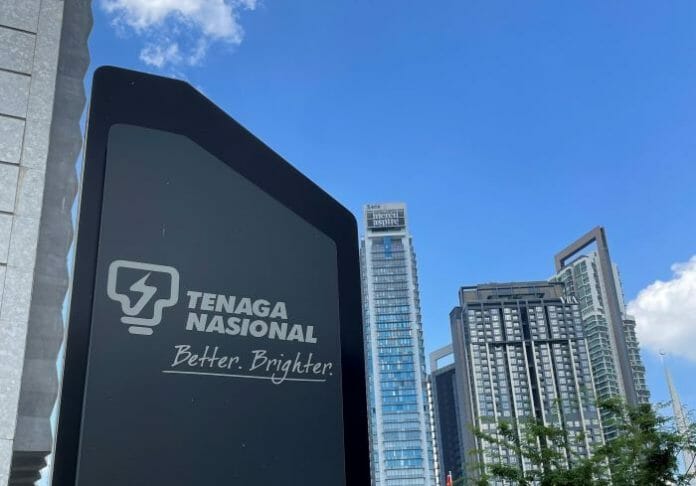CGS International (CGS) opined the execution of the National Energy Transition Roadmap (NETR) has so far been respectable.
In its Company Note today (Mar 29), they noted that there has been decent progress on the key catalytic projects in relation to the roll-out of large-scale solar parks, hybrid hydro floating solar PV and energy storage systems.
In 1Q24, the government also announced 2.8GW of new solar capacity quotas, which is the largest to-date, while the maiden 100MW power exports into Singapore under a two-year trial project between YTLP and Tenaga Nasional Berhad (TNB) is slated to commence in mid-2024.
The government also remains committed to the electricity subsidy reforms to spur RE adoption. That said, more progress updates and policy framework settings need to be pushed through without delay to meet the targets set
Quantifying the upside from grid upgrades
TNB remains a critical enabler and prime beneficiary of NETR given its role as the owner and operator of the national grid in Peninsular Malaysia.
Of the many potential benefits, CGS sees an upside from the grid upgrades to be the most meaningful.
To recap, the reinforcement of the grid to accept higher RE supply requires an estimated RM35bn worth of energy transition related investments between 2025-2030, over and above business as usual (BAU) capex of RM55bn.
CGS estimates these investments can add at least RM1.2bn incremental earnings p.a. once fully spent by 2030, under the Incentive Based Regulation (IBR) framework, which represents ~35% of its average FY22-23 normalised net profit of RM3.3bn.
Cashflow from this new income stream adds RM21bn to TNB, based on CGS’ calculations.
CGS raise their SOP-based TP to RM15.60 as they factor these into forecasts.
Reiterate Add; remains a top pick in Malaysia
TNB’s share price has risen 20% in the past 12 months, outperforming the KLCI by 10%, driven mainly by a re-rating off its relatively depressed levels on improving FCFs from a full recovery of the outstanding receivables from the government.
At current price levels, CGS believes investors are only valuing TNB’s ongoing business operations, without ascribing any value to the upside potential from the NETR, which they estimate can add RM3.60 to its share price.
On the TP, the stock would trade at an adjusted 2024F EV/EBITDA of 7x which places it at the higher end of its pre-Covid trading range.
CGS believes this is justified by the structural change in the domestic energy landscape spurred by the NETR.
Key re-rating catalysts: further details on TNB’s involvement in Malaysia’s RE goals and decarbonisation efforts of its portfolio of power assets.
Downside risks: Delays in the execution of the NETR and unfavourable changes to the Incentive Based Regulation (IBR) framework.









